If you have a passion for capturing special moments on camera and have a talent for videography, becoming a freelance wedding videographer could be an excellent career choice for you.
As a freelance wedding videographer, you have the freedom to work for yourself and the opportunity to showcase your unique style and creativity.
However, getting started in this field can be challenging, so it’s important to have a plan and understand what it takes to succeed.
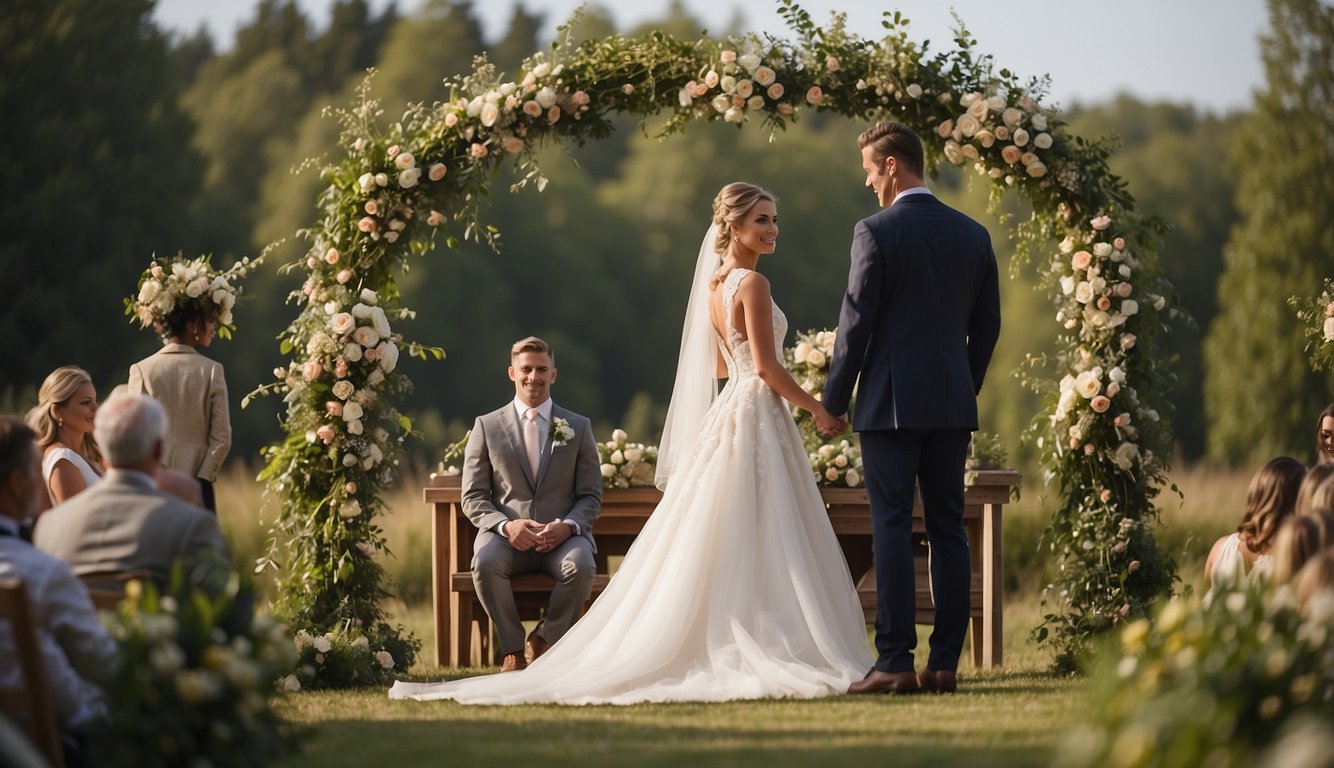
To become a successful freelance wedding videographer, you must have a strong portfolio showcasing your skills and style. This means investing in quality equipment and finding opportunities to build your portfolio, such as offering to film friends’ weddings or volunteering to film for local wedding vendors. You’ll also need to have excellent communication skills and be able to work closely with clients to understand their vision and expectations for their wedding day.
This article will provide a step-by-step guide to becoming a freelance wedding videographer. From building your portfolio to finding clients and pricing your services, we’ll cover everything you need to know to start your career in this exciting and rewarding field.
So, if you’re ready to turn your passion for videography into a successful freelance business, let’s get started!
Understanding the Wedding Videography Industry
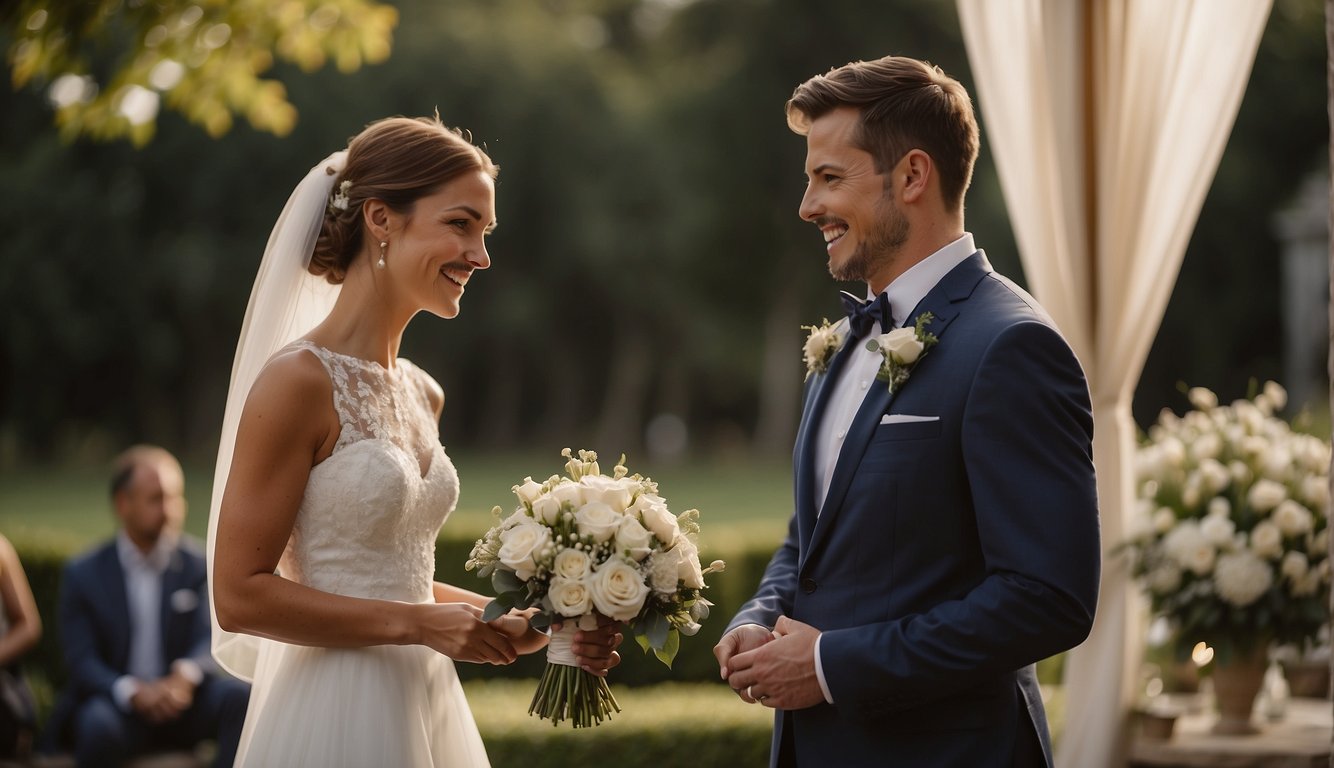
If you’re thinking about becoming a freelance wedding videographer, it’s important to understand the wedding videography industry well. This will help you make informed decisions about your business and give you a better chance of success.
Demand for Wedding Videographers
The demand for wedding videographers has increased significantly in recent years. Many couples now consider a wedding video to be just as important as their wedding photos. This means that there is a growing market for wedding videographers, and it’s a great time to start a career in this field.
However, it’s important to note that the wedding videography industry is highly competitive. Many talented and experienced videographers are out there, so you’ll need to work hard to stand out from the crowd.
Traditional vs Modern Wedding Videography
There are two main types of wedding videography: traditional and modern. Traditional wedding videography involves capturing the wedding ceremony and reception in a straightforward, documentary-style way. This type of videography is still popular, but many couples now prefer a more modern approach.
Modern wedding videography is all about creativity and storytelling. It involves capturing the emotions and atmosphere of the wedding day in a cinematic, artistic way. This type of videography often includes elements like slow-motion footage, drone shots, and music overlays.
As a freelance wedding videographer, it’s important to be familiar with both traditional and modern wedding videography. This will allow you to offer a range of services to your clients and cater to their specific needs and preferences.
Overall, the wedding videography industry is an exciting and rewarding field to work in. By understanding the demand for wedding videographers and the different types of videography available, you’ll be well on your way to building a successful freelance business.
Essential Skills and Knowledge
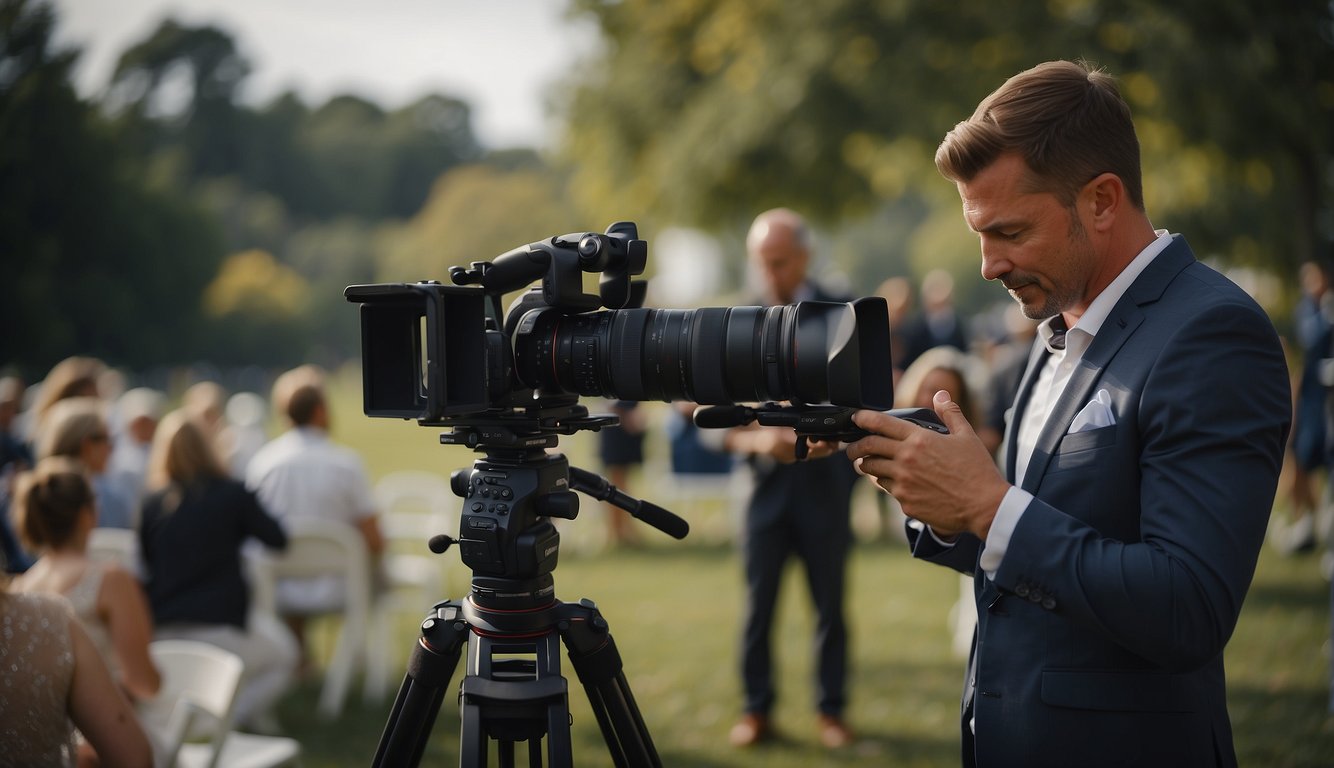
To become a successful freelance wedding videographer, you need to have a solid foundation of essential skills and knowledge.
Here are some key areas you should focus on:
Videography Techniques
As a wedding videographer, you will need to have a good understanding of videography techniques. This includes things like composition, lighting, and camera movement. You should also be familiar with different types of shots, such as close-ups, medium shots, and wide shots.
By mastering these techniques, you can create visually stunning wedding videos that capture the beauty and emotion of the day.
Video Editing Fundamentals
Video editing is an essential part of the wedding videography process. You should be proficient in using video editing software such as Adobe Premiere to create professional-looking wedding videos.
This includes knowing how to cut and splice footage, add transitions and effects, and adjust color and audio levels. With these skills, you can create videos that tell a compelling story and showcase the best moments of the wedding day.
Understanding of Filmmaking
To truly excel as a wedding videographer, you should have a good understanding of filmmaking. This includes understanding the different stages of the filmmaking process, such as pre-production, production, and post-production.
You should also be familiar with different filmmaking techniques, such as using music and sound effects to enhance the emotional impact of a scene.
With this knowledge, you can create wedding videos that are not just visually stunning but also emotionally engaging.
You can become a successful freelance wedding videographer by mastering these essential skills and knowledge.
Whether you are just starting out or looking to improve your existing skills, focusing on these areas will help you create wedding videos that capture the beauty and emotion of the day.
Building Your Brand
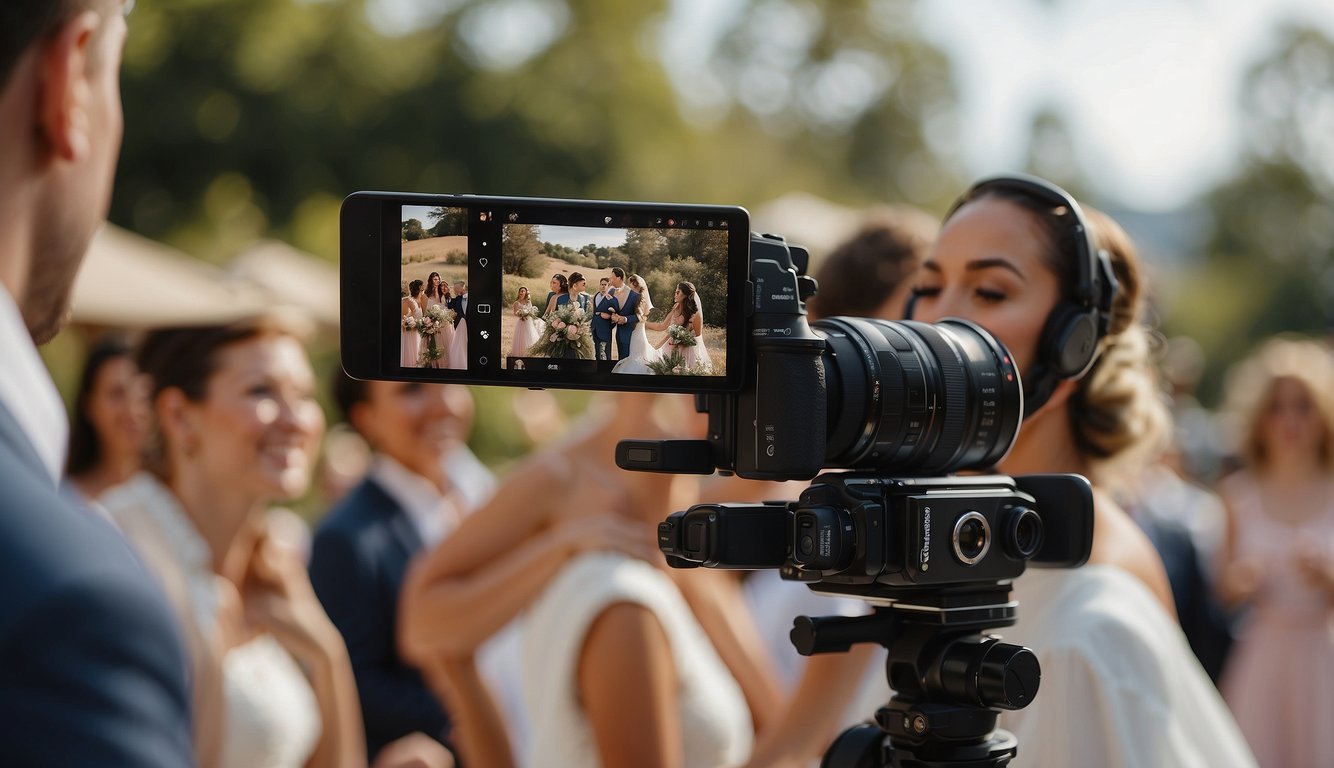
Building a strong brand is crucial to your success as a freelance wedding videographer. Your brand is what sets you apart from other videographers and makes you memorable to potential clients.
Here are a few key steps to building your brand:
Creating a Logo and Branding
Your logo and branding are the visual representation of your brand. It should be memorable and unique and reflect your style as a videographer. Consider hiring a graphic designer to create a professional logo and branding for you. This will help you stand out and look more professional to potential clients.
Developing an Online Portfolio
Your portfolio is a collection of your best work showcasing your wedding videographer skills. It should be easy to navigate and visually appealing. Consider creating a website to host your portfolio and make it easy for potential clients to view your work. Make sure to include a variety of weddings you have filmed so clients can see your range of skills.
Effective Social Media Presence
Social media is a powerful tool for promoting your brand and connecting with potential clients. Consider creating accounts on Instagram, Facebook, and Twitter platforms to showcase your work and engage with your audience. Make sure to post regularly and use relevant hashtags to increase your visibility. Engage with your followers by responding to comments and direct messages promptly.
Following these steps, you can create a strong brand as a freelance wedding videographer and set yourself up for success. Remember to stay true to your style and values, and always strive to provide the best service possible to your clients.
Acquiring the Right Equipment
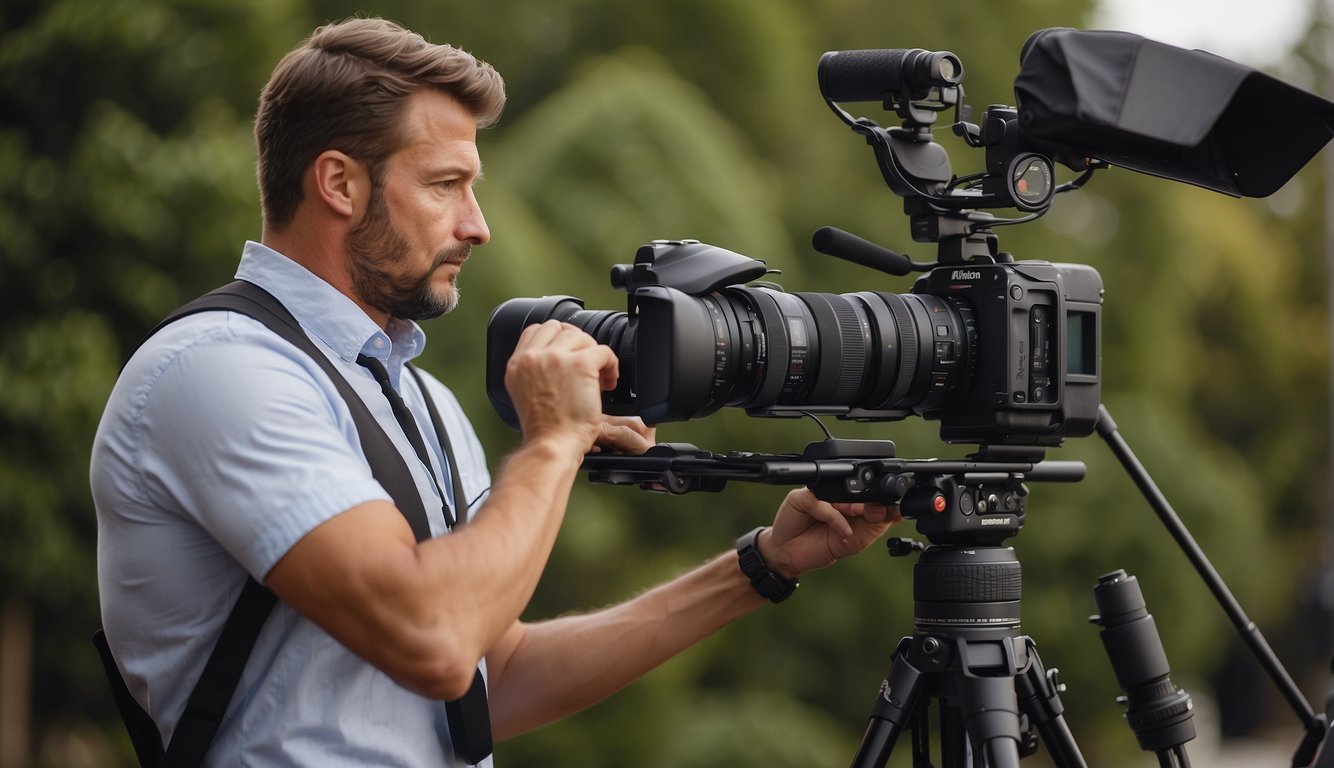
As a freelance wedding videographer, you must have the right equipment to capture beautiful moments on your client’s special day.
Here are some tips for acquiring the right gear.
Choosing Quality Gear
When choosing quality gear, you need to consider your budget and the quality of the equipment. You don’t necessarily need to buy the most expensive gear, but you also don’t want to buy the cheapest gear that will compromise the quality of your work. Here are some things to consider when choosing quality gear:
- Look for gear with good reviews and ratings from other professionals in the industry.
- Consider buying used gear to save money, but ensure it’s in good condition.
- Choose gear that is versatile and can be used in different shooting situations.
Camera and Accessory Essentials
The camera is the most essential piece of equipment for a wedding videographer. Here are some camera and accessory essentials you’ll need:
- Camera: A DSLR or mirrorless camera with high-quality video capabilities is ideal. Look for a camera with good low-light performance, high-resolution, and the ability to shoot in different frame rates and resolutions.
- Tripod: A sturdy tripod is necessary for stable shots and smooth panning. Look for a tripod that is lightweight, easy to set up, and has a fluid head for smooth movement.
- Microphone: A good quality microphone is essential for capturing clear audio. Look for a shotgun or Lavalier microphone that can be mounted on the camera or the subject.
- Gimbal: A gimbal is a stabilizing device that helps to eliminate camera shake and produce smooth footage. Look for a gimbal that is compatible with your camera and can support its weight.
- Monopod: A monopod is a lightweight and portable alternative to a tripod. It’s ideal for shooting in tight spaces or on the move.
By acquiring the right equipment, you can produce high-quality wedding videos to impress your clients and help you build your reputation as a freelance wedding videographer.
Finding Clients and Networking

As a freelance wedding videographer, finding clients is essential to growing your business. Networking and marketing your services are two crucial ways to attract potential clients.
Here are some effective ways to find clients and grow your network:
Marketing Your Services
Marketing your services is essential to attract clients. You can create a website or social media profile to showcase your work and services.
Make sure to include your portfolio, pricing, and contact information on your website. You can also create business cards and flyers to distribute at local bridal shops and wedding expos.
Utilizing Freelance Platforms
Freelance platforms like Upwork can be a great way to find clients. You can create a profile and bid on wedding videography projects. Make sure to highlight your experience, skills, and portfolio to stand out from other freelancers. You can also use these platforms to build your reputation and receive positive reviews from clients.
Word-of-Mouth and Referrals
Word-of-mouth and referrals are powerful tools for finding clients. Ensure you provide excellent service to your clients; they will refer you to their friends and family. You can also ask your clients to leave a review on your website or social media profiles to attract new clients.
In conclusion, finding clients and networking is essential to becoming a successful freelance wedding videographer. By marketing your services, utilizing freelance platforms, and relying on word-of-mouth and referrals, you can attract potential clients and grow your business.
Managing Your Business
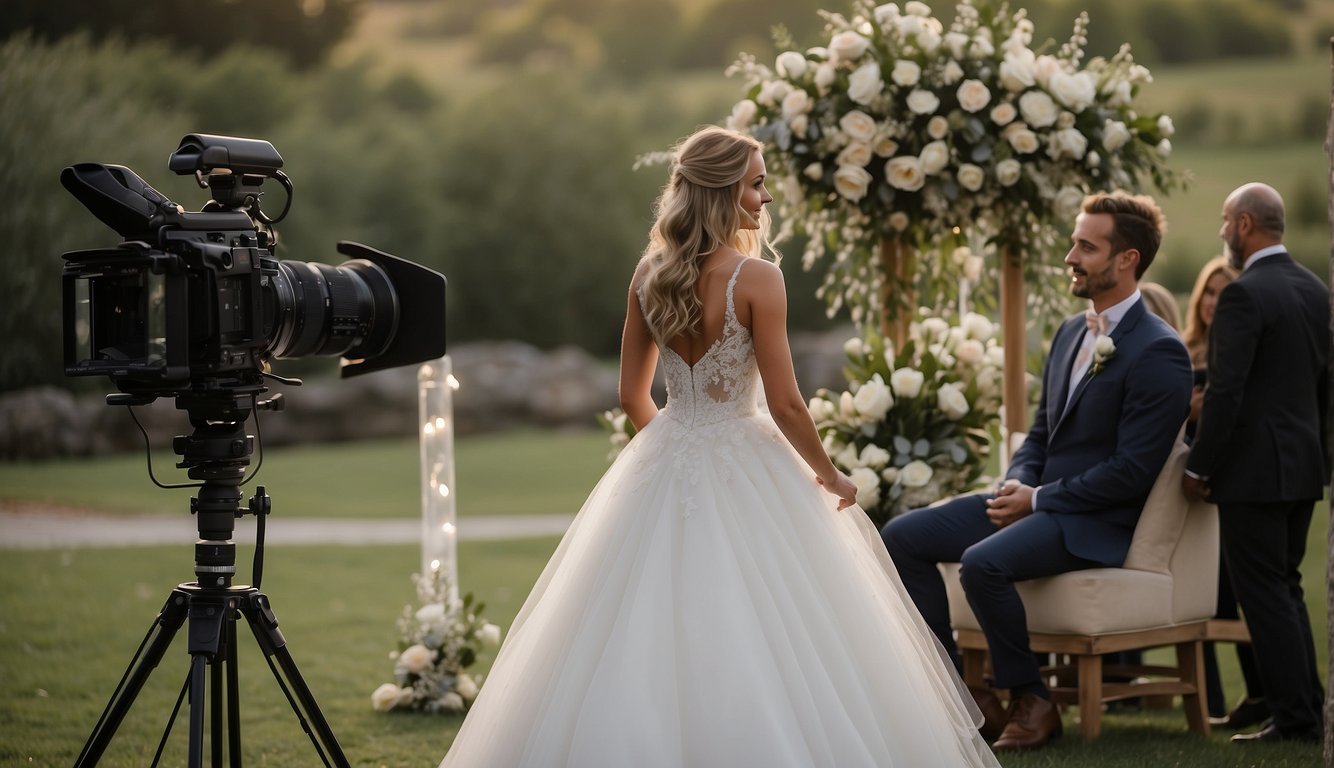
Managing your business as a freelance wedding videographer is crucial to your success. This section will cover three important business management aspects: setting competitive rates, drafting contracts and agreements, and financial planning and budgeting.
Setting Competitive Rates
Setting competitive rates is important for winning clients and making a profit. Research the rates of other wedding videographers in your area and consider your experience and skill level when determining your own rates. Be sure to factor in any additional expenses, such as equipment rental or travel costs.
Drafting Contracts and Agreements
Drafting contracts and agreements is essential for protecting yourself and your clients. Clearly outline the services you will provide, payment terms, and any cancellation policies. It is also important to include a liability clause to protect yourself in case of any accidents or damages.
Financial Planning and Budgeting
Financial planning and budgeting are crucial for the success of your business. Keep track of all expenses and income, and set aside money for taxes and other business expenses. Consider hiring a professional accountant or using accounting software to help manage your finances.
By effectively managing your business, you can ensure a successful career as a freelance wedding videographer.
Executing the Wedding Shoot
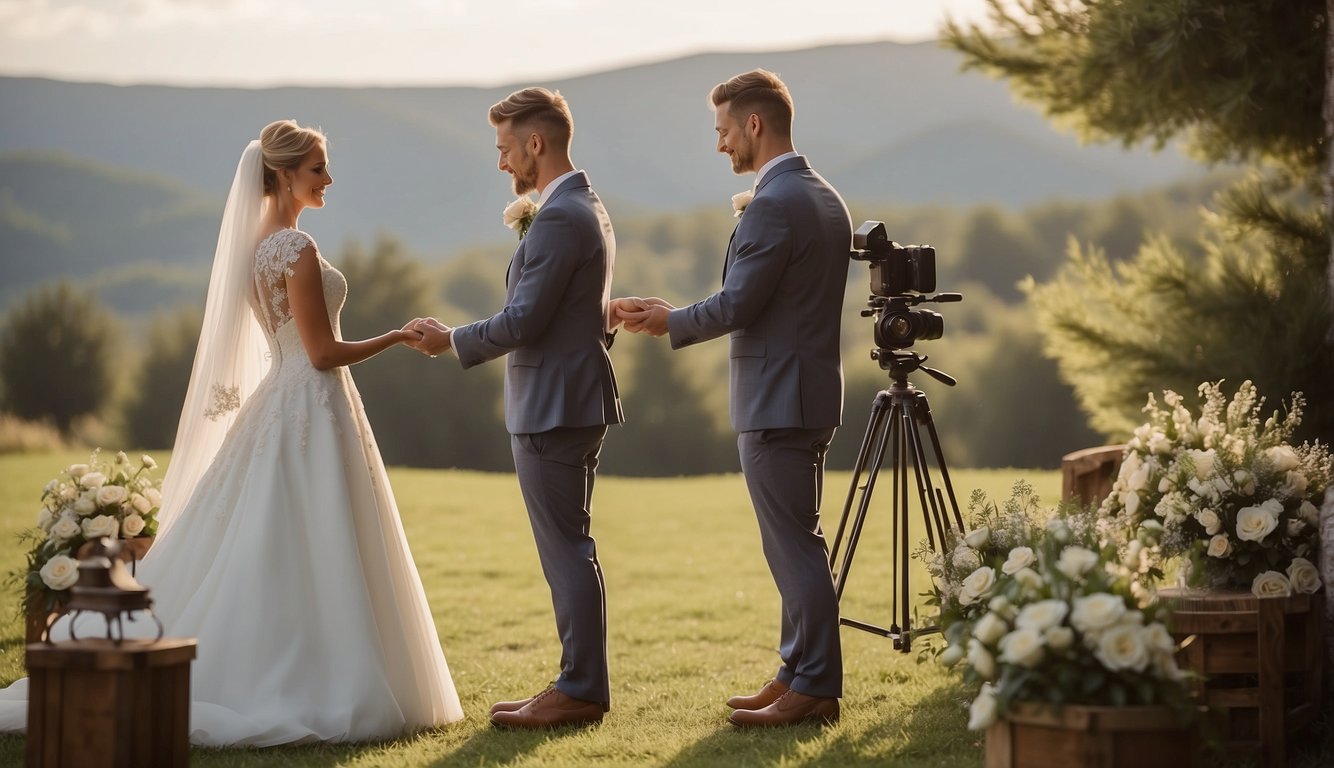
As a freelance wedding videographer, executing the wedding shoot is the most important part of your job. It requires careful preparation, planning, and attention to detail.
Preparation and Planning
Before the wedding day, you should meet with the couple to discuss their vision for the video. This will help you understand their expectations and plan the shoot accordingly. You should also visit the wedding venue to familiarize yourself with the layout and lighting.
Make sure you have all the necessary equipment, including extra batteries, memory cards, and backup cameras. Create a shot list and a timeline for the day to ensure you capture all the important moments.
Ceremony and Reception Coverage
During the ceremony, position yourself in a discreet location where you can capture the exchange of vows and rings and any special rituals or traditions. Be mindful of the couple’s preferences regarding audio and lighting equipment use.
At the reception, capture footage of the decor, guests, and speeches. Be sure to get shots of the couple’s first dance, cake cutting, and any other key moments. Use a variety of camera angles and shots to add visual interest to the video.
Capturing Key Moments
To create a memorable wedding video, it’s important to capture the key moments of the day. This includes the bride getting ready, the groomsmen getting dressed, the first look, and the send-off. Be sure to get footage of the couple’s reactions and emotions throughout the day.
Remember to be professional and respectful at all times. Dress appropriately, arrive early, and communicate effectively with the couple and other vendors. By executing the wedding shoot with care and attention to detail, you can create a beautiful and lasting memory for the couple to cherish.
Post-Production and Delivery

After filming the wedding, the next step is to edit and deliver the final product to the client. This is where your skills as a freelance wedding videographer really come into play.
This section will discuss the post-production process and how to deliver the final product to your clients.
Editing Wedding Films
Editing is a crucial part of the post-production process. It is where you take the raw footage and turn it into a beautiful wedding film. Take the time to carefully review all of the footage and select the best shots to include in the final product. Use your creativity to add music, transitions, and effects that will enhance the overall look and feel of the video.
Consider using video editing software such as Adobe Premiere Pro or Final Cut Pro to make the editing process more efficient. These programs offer a wide range of tools and features to help you create a professional-looking wedding film.
Client Revisions and Feedback
Once you have completed the wedding film’s first draft, getting feedback from the client is important. This will help you make any necessary revisions and ensure the final product meets their expectations. Be open to their suggestions and make changes as needed.
To streamline the feedback process, consider using a client review platform such as Frame.io or Wipster. These platforms allow clients to leave comments and feedback directly on the video, making it easier for you to make revisions.
Finalizing and Delivering the Product
Once you have made all of the necessary revisions and the client is happy with the final product, it is time to deliver the video. Make sure to deliver the video in the format the client requested, whether a digital file or a physical DVD.
Before delivering the video, make sure to do a final quality check to ensure that everything looks and sounds perfect. This will help you avoid any issues or complaints from the client.
In conclusion, the post-production and delivery process is crucial to becoming a successful freelance wedding videographer. By mastering the art of editing, being open to client feedback, and delivering a high-quality product, you can build a reputation as a reliable and talented wedding videographer.
Continued Learning and Growth

As a freelance wedding videographer, staying current with the latest industry trends and continuously seeking inspiration and education is important. This will help you improve your craft and keep you competitive in the market. Here are some ways to continue your learning and growth:
Following Industry Trends
Staying on top of the latest industry trends is crucial to maintaining your relevance as a wedding videographer. One way to do this is by attending industry conferences and workshops.
These events provide an opportunity to learn from industry experts, network with other professionals, and stay up-to-date with the latest techniques and technologies.
Another way to stay current with industry trends is by following relevant blogs and social media accounts. This will help you stay informed about new styles, techniques, and equipment and give you ideas for how to incorporate them into your work.
Seeking Inspiration and Education
In addition to following industry trends, seeking inspiration and education will help you grow as a wedding videographer. There are many resources available to you, including online tutorials, workshops, and courses.
Platforms like YouTube offer a wealth of tutorials on cinematography and documentary-style wedding videography. By watching and learning from other professionals, you can improve your skills and expand your knowledge.
Attending workshops and courses is another great way to learn new techniques and gain inspiration. Look for classes that focus on specific areas of wedding videography, such as storytelling, editing, or color grading. These classes can help refine your skills and take your work to the next level.
By continuing to learn and grow as a freelance wedding videographer, you can stay competitive in the market and provide your clients with the best possible service.
